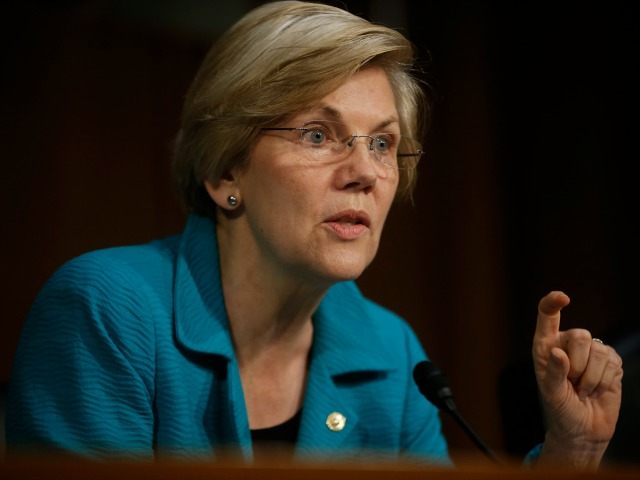The rise of Democrat elizabeth Warren and a disastrous mid-term election have left Democrats struggling to define their party, with different factions pulling it different ways.
For Warren and many of the more progressive organizations that have been key to the Democrats success in past years, the party needs to turn hard left and look at income inequality as their primary focus. At the same time, that type of shift would demand higher taxes and saddle them as income re-distributors at a time when America is feeling taxed enough already, to coin a phrase.
On the more centrist side of the equation sits Hillary Clinton, among others, along with the type of mega-donors any Democrat is going to need to succeed in a bid for the White house in 2016. That sets the stage for a party defining, if not re-defining battle in 2016.
The Democratic left is rising, and it’s unclear whether that will help the embattled party prosper or sink.
Ideology-driven movements and candidates tend to seize the spotlight in party presidential nomination contests, and so far, the left has the momentum. Its anointed candidates, though, face a dilemma: Being too closely identified with a party’s ideological wing usually means general election trouble.
A preview of the good and bad times ahead surfaced in recent weeks.
At the same time, the party is undertaking something of an internal review of itself.
Party officials are taking a hard look at the future. A special Democratic National Committee panel is undertaking a top-to-bottom analysis of the party, with a preliminary report due in February. “We’re not presupposing or pre-concluding what is wrong,” said party chairwoman Debbie Wasserman Schultz.
Centrists and liberals do agree on this much: The key to Democratic success is convincing middle-class voters that the party understands them and wants to help.
“The first thing the party has to do is stand for something, and the primary focus needs to be an economic agenda,” said Roger Hickey, co-director of the Campaign for America’s Future, a liberal group.
That could be tough, said Republican pollster Ed Goeas. The middle class agrees “the rich are getting richer,” he said, “but they think the poor get all the (government) benefits.”
The party’s image is already tainted, argue moderates. They point to Democratic losses across the South this year, as former South Carolina Gov. James Hodges, a Democrat, warned that the party needs to break away from its reputation as liberal-driven.
Especially critical to any Democrat’s White House ambitions going forward is the South. They saw their last sitting Senator go down in the person of Mary Landrieu this year. If Democrats can’t find a way to win in the South, where their progressive ideology remains largely unpopular, it may be difficult, if not impossible, for them to capture the White House in 2016.

COMMENTS
Please let us know if you're having issues with commenting.